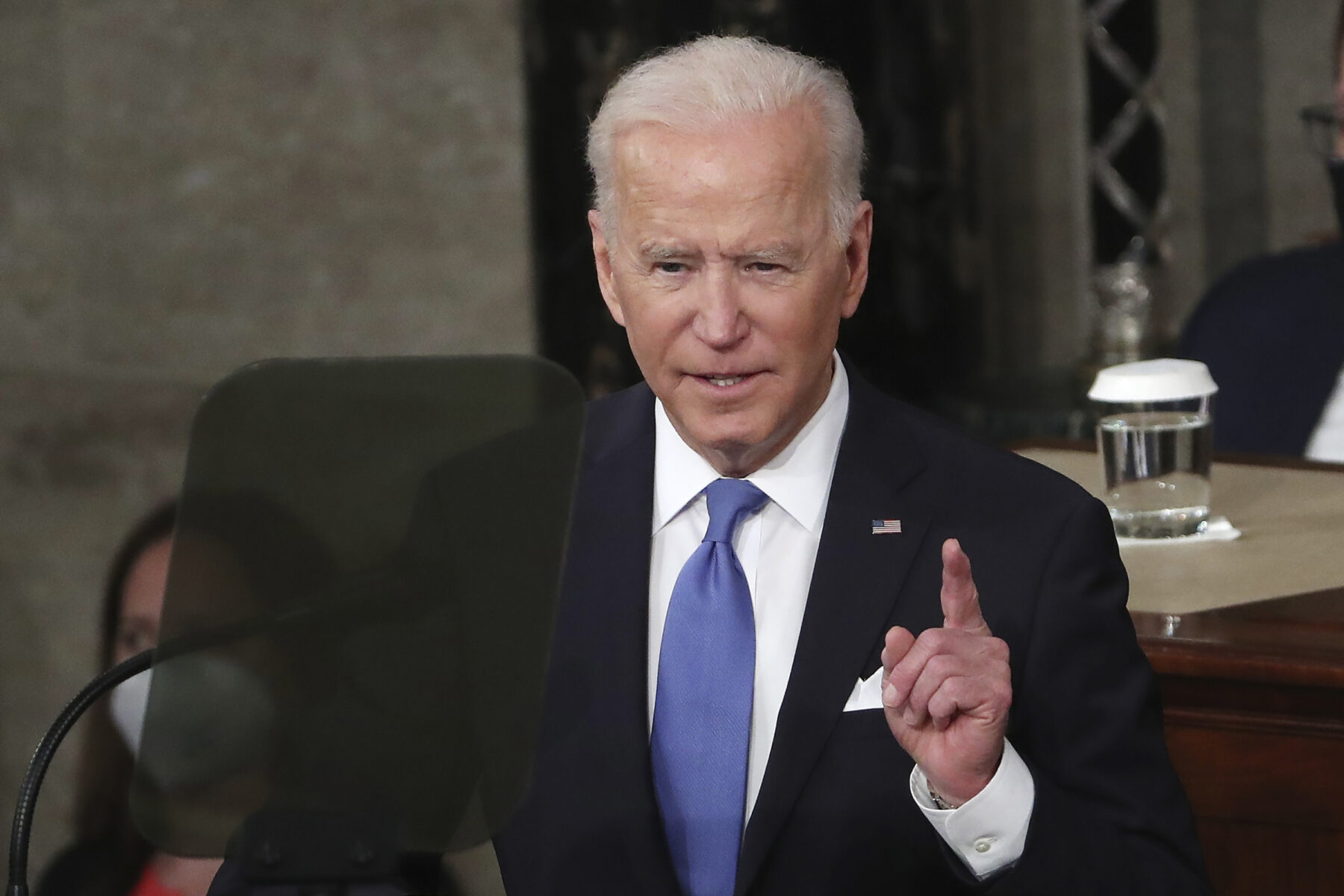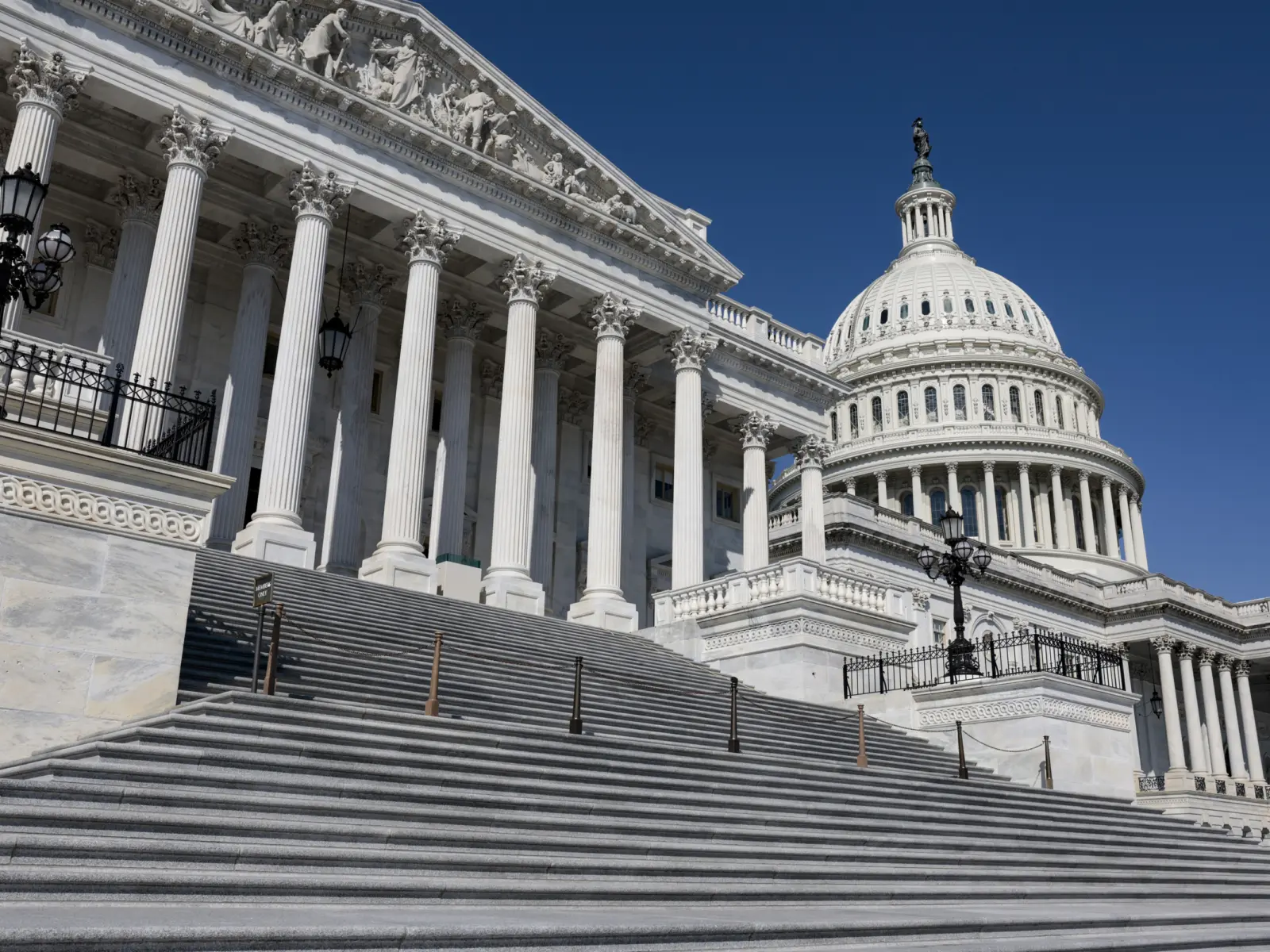In an impassioned speech Wednesday night, President Joe Biden called on Congress to take the necessary steps to contain the out-of-control drug pricing bludgeoning American families, employers and taxpayers.
“We pay the highest prescription drug prices in the world right here in America — nearly three times as much as other countries. We can change that,” he said in his first address to a joint session of Congress. “Let’s do what we’ve always talked about. Let’s give Medicare the power to save hundreds of billions of dollars by negotiating lower prices for prescription drugs. That won’t just help people on Medicare — it will lower prescription drug costs for everyone.”
This isn’t the first time that a president has demanded drug pricing reform — former President Donald Trump urged Congress in 2020 to send a bill to his desk to sign — yet bipartisan solutions have stalled amid partisan disagreements and heavy lobbying by the pharmaceutical industry.
Still, the demand for lower drug prices remains as strong as ever from the American public. A recent poll of more than 1,200 voters from across the political spectrum revealed that 90% believe it is very or fairly important for President Biden to lower the price of prescription drugs and halt excessive price increases.
Amount of voters who believe it is very or fairly important for President Biden to lower the price of prescription drugs and halt excessive price increases
When asked, voters said they were more worried that Congress wouldn’t go far enough to lower drug prices than they were concerned that Congress would go too far, according to the results from the April poll conducted by Hart Research Associates and Protect Our Care.
In response to the clamor for solutions, House Democrats recently reintroduced the Elijah E. Cummings Lower Drug Costs Now Act. This sweeping proposal aims to lower drug prices by requiring drugmakers to reimburse taxpayers when drug prices rise faster than inflation, empowering Medicare with the ability to negotiate lower drug prices with pharmaceutical companies, and limiting drug prices to the lower prices paid in other developed nations.
Here’s a breakdown of what’s in the proposal and what Congress could do next to heed Biden’s call for action:
Inflation Rebate
The proposal includes a provision — often referred to as an inflation rebate. If a pharmaceutical company chooses to raise the list price of a drug beyond the rate of inflation, that company would be required to reimburse the government the difference.
List prices for more than 100 prescription drugs climbed 214% between 2006 and 2017, far outpacing inflation growth during the same time period. Rapidly rising list prices are problematic because they can lead to higher out-of-pocket costs for many patients, particularly patients with Medicare Part D where average cost-sharing, by definition, is a share of list prices.
Medicare Negotiation
The legislation also proposes to give Medicare the power to negotiate with pharmaceutical companies the amount it will pay for costly drugs that lack competitors. This provision would give the federal government some leverage to restrain excessive prices. Under the proposed law, the U.S. would still on average pay the highest prices because the negotiated price could exceed the average price paid in other developed nations by up to 20%.
Other countries pay far less for drugs than is paid in the United States. An analysis of 20 brand-name drugs by the U.S. Government Accountability Office found that the United States pays as much as 2 to 4 times as much as the prices paid in Canada, Australia and France.
The Lower Drug Prices Now Act has the potential to generate significant savings. The nonpartisan Congressional Budget Office estimated that a similar bill, H.R. 3 that passed in 2019 but failed to get a vote in the Senate, would have saved more than $500 billion over a decade. Lower drug prices will improve access and adherence to prescribed drug treatments, particularly for people with chronic conditions — nearly 30% of Americans don’t fill a prescription or engage activities like pill-splitting due to the cost of a drug.
What’s Next
When H.R. 3 passed the House in 2019, it failed to get a vote in the Republican-controlled Senate, where the GOP has expressed reservations about Medicare negotiation. The Democrats now have a slim majority in the Senate, but it remains unclear whether the Lower Drug Prices Now Act can garner the votes needed to pass the chamber. The House Energy & Commerce Committee will hold a hearing on the legislation May 4.
With the pressure on for Congress to enact meaningful drug pricing reform, voters have been consistent in their support for nearly any measure that would lead to more affordable medications. The recent Hart/Protect Our Care survey found that 93% of voters support giving Medicare the power to negotiate. Ninety-two percent of those surveyed said they favored restrictions that prevented drug companies from raising prices of existing drugs beyond the rate of inflation.
“The money we save (from drug pricing reform) can go to strengthen the Affordable Care Act — expand Medicare coverage and benefits — without costing taxpayers one additional penny,” Biden said. “We’ve talked about it long enough — Democrats and Republicans. Let’s get it done this year.”
















